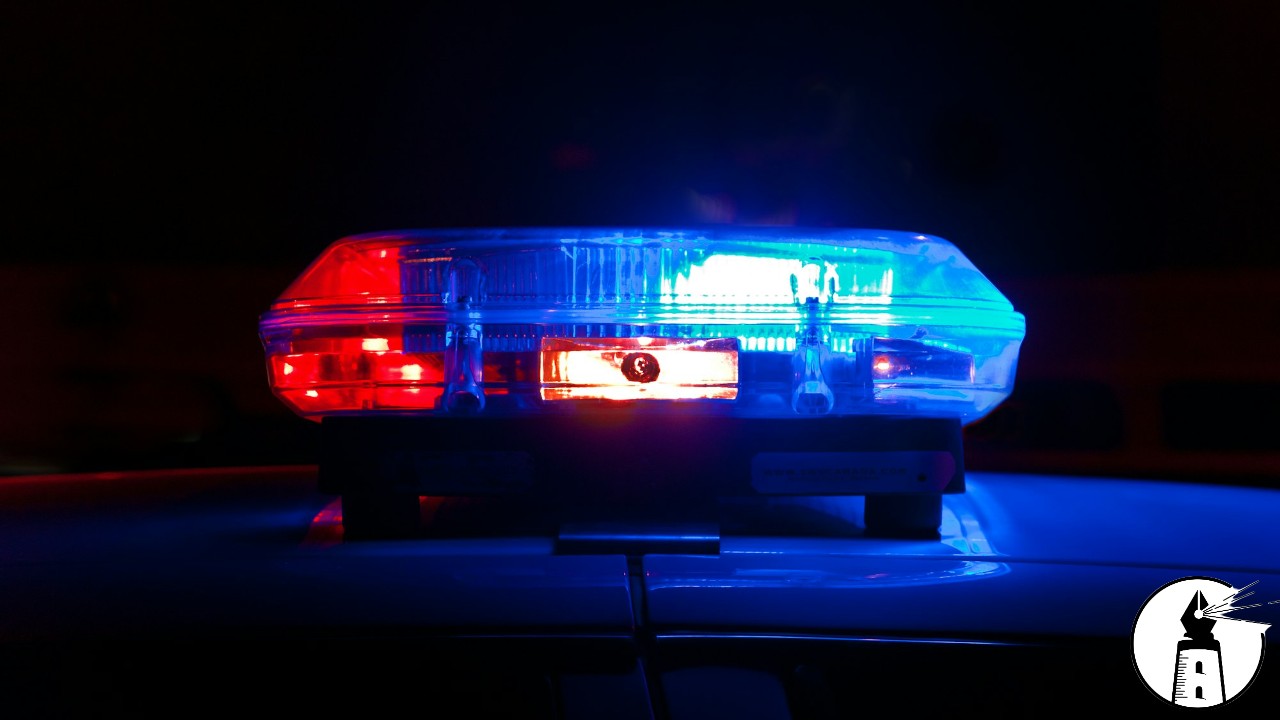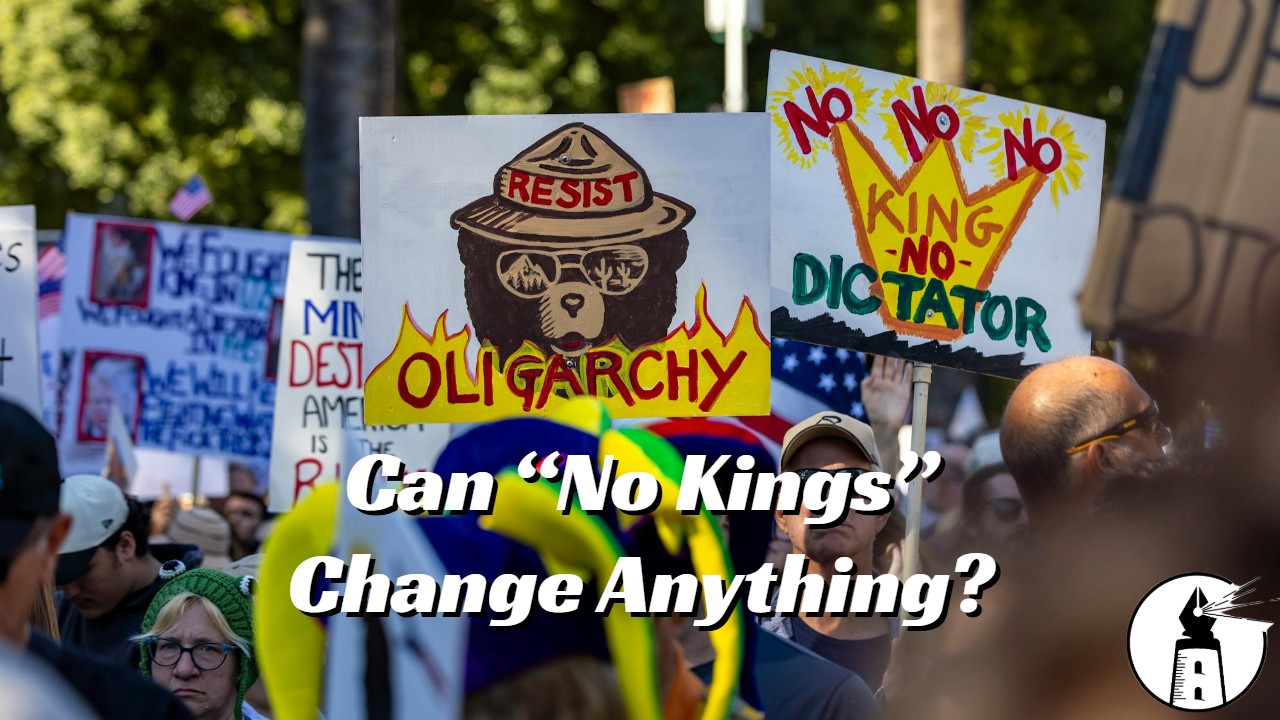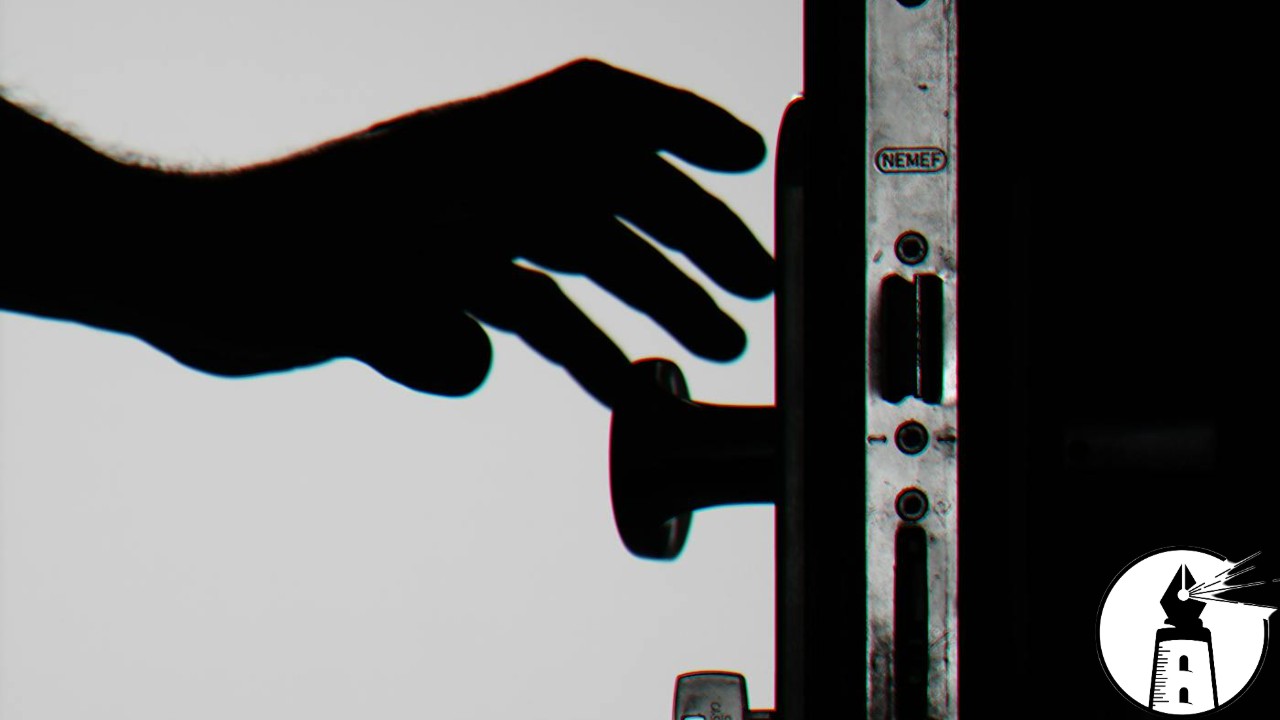In a recent news interview, a nurse from West Palm Beach, Florida, recounted her unsettling experience with Ryan Routh, the man accused of attempting to assassinate former President Donald Trump at his West Palm Beach golf course. The nurse claims that she reported Routh to federal authorities two years ago after witnessing his alarming behavior while they both volunteered in Ukraine during the early stages of Russia’s invasion of Ukraine.
The nurse, who has been engaged in humanitarian work for many years, traveled to Ukraine in 2022, shortly after Russia’s invasion. What began as routine interactions with a fellow volunteer escalated into serious concerns about his behavior. As a trained professional who could identify individuals posing a threat to themselves or others, she grew increasingly uneasy about Routh.
Text messages show that she and other volunteers became alarmed by Routh’s volatile nature. According to the nurse, Routh displayed excitement over explosions and death, frequently harassed women, and reportedly boasted about an arrest in Ukraine.
Disturbed by Routh’s behavior and his disregard for human life, the nurse felt compelled to alert U.S. authorities. Upon her return to the United States in June 2022, she spoke to a federal agent from Homeland Security, warning them that Routh was a ‘ticking time bomb’ and needed to be monitored. Despite her concerns about Routh, she says no one followed up with her.
This case highlights the importance of recognizing warning signs and acting quickly to address potential threats. For the nurse, her concerns were clear, but the lack of follow-up from authorities has raised questions about missed opportunities to prevent violent incidents like the one targeting a former U.S. president.
This case also underscores the critical need for better mental healthcare. Not only should mental health issues be less stigmatized, but care should also be made more affordable and accessible to the public. By ensuring that individuals have access to mental health resources and early intervention, incidents like this could potentially be prevented. Making mental healthcare more available would help identify and address dangerous behaviors before they escalate, reducing the likelihood of such threats to public safety in the future. Comprehensive mental health support is essential in mitigating these risks and fostering a safer, more resilient society.
Lastly, a national discussion is needed to address the complex issue of individuals who refuse mental health help while respecting their rights and dignity. As a society, we must explore ways to support those who are struggling but may not seek the care they need. Balancing personal autonomy with public safety is a delicate challenge, but it’s one we must face to ensure the well-being of both individuals and the broader community. By fostering open dialogue and working towards practical solutions, we can create a system that offers help to those in need while upholding their fundamental rights.
—By Greg Collier



